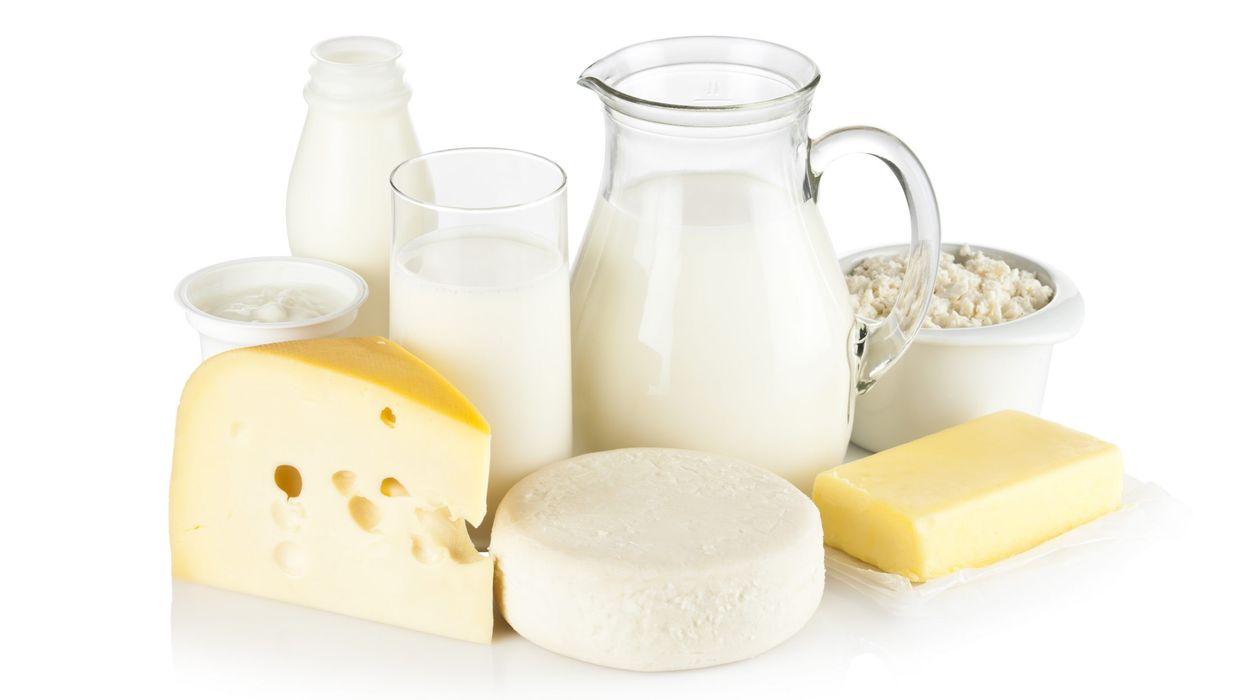According to the NHS, acne is a common skin condition that can affect most people at some point. Though it is commonly linked to hormonal changes levels during puberty, it can start at any age. And although acne cannot be cured, it can be controlled and managed with proper treatment.
Also, while we can always choose different products to deal with acne, experts advise first checking your diet as it can affect the breakout of acne, the Indian Express reports.
Dr Aanchal Pant, a dermatologist, recently addressed this issue on Instagram. Taking to her Instagram account, the expert mentions that in order to control acne, you must avoid consuming milk. She also said to avoid foods with a high glycemic index, and soy.
Therefore, the expert remarks about a few dietary restrictions to help deal with multiple acne lesions – in case you are dealing with the same.
Dairy products
Dr Aanchal said people should stop drinking milk till lesions decrease. She also advises to stop buttermilk. However, eating curd, cheese and butter in moderation is apparently not an issue. She suggests having almond milk but said to avoid soy milk as this product may aggravate acne.
According to a previous report in Medical News Today Insulin-like growth factor (IGF-1) is a hormone present in our blood.
Milk also naturally contains IGF-1, along with other hormones, including prostaglandins, prolactin, and steroids.
IGF-1 may reportedly increase sebum production which is an oil in the skin that could possibly block the pores and cause acne.
Food with high glycemic index
Foods like white bread, white rice, fast foods, sugar, potatoes, chocolates, fruit juices, and soft drinks, should be avoided as these are high in glycemic index – foods that cause a rapid increase in blood glucose.
Dr Vandana Punjabi, consultant dermatologist and trichologist, explains, “It’s important to avoid foods that have high glycemic index because they’re heavy and high in calories. They increase the glycemic load on the body and cause insulin resistance, and that is what causes overactivity of the sebaceous glands — which in turn causes acne. Research has also shown that dairy trigger acne, so one must avoid it. Having food with omega-3 always helps with inflammation and reduces acne.”
Experts are of the opinion that the food we eat inevitably affects how our body reacts, and this is reflected on the skin too. Karishma Shah, a nutritionist shares, “Gut health and acne are very connected.”
She adds, “Your diet affects your gut health. If your bowel movement is not okay, or you are constipated, you are more likely to have acne. You’re also likely to have acne if you have hormonal conditions. Your diet is directly connected to these things. Eating healthy foods that help your bowel movement and help stabilise your hormones is the key to fighting acne.”




